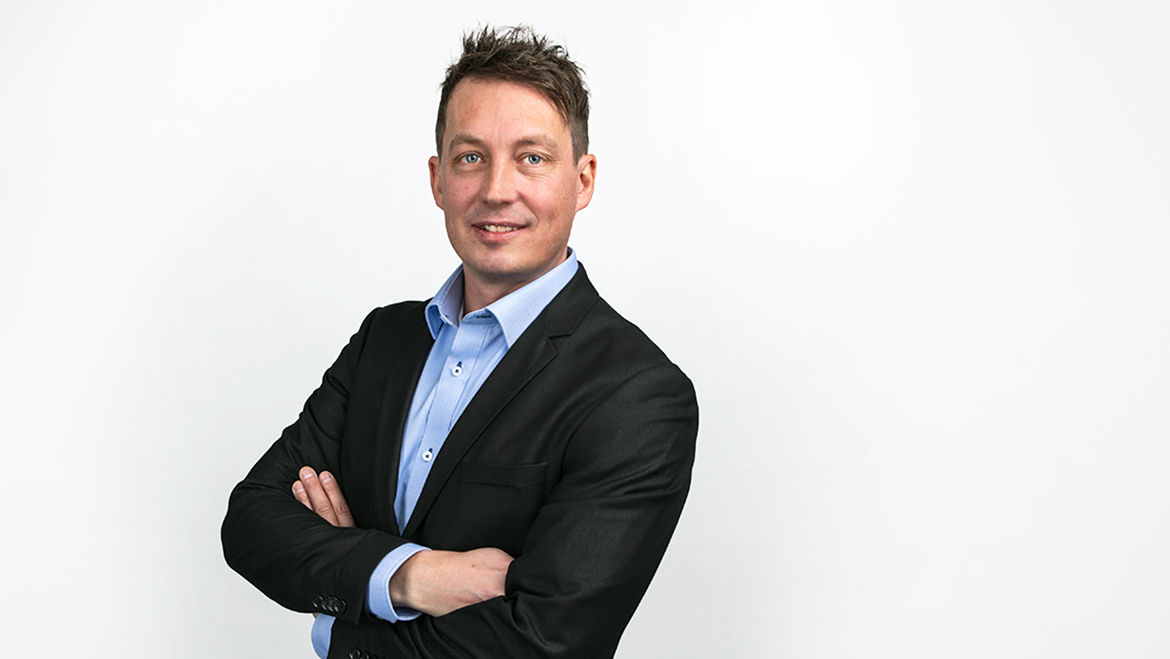Decades of close customer collaboration gave rise to Managing Director of Arnon Sweden Leif Thalberg’s passion for sustainable business practices: “I saw more and more how the big players were looking for sustainability throughout their value chain. In time, I became convinced that corporations thrive when people at every level have a genuine sense of contributing to a sustainable future.”
Sustainability in place
In 2012, Leif Thalberg started searching for a new office and production site in the Stockholm area. Finding a facility with cutting-edge solutions for energy efficiency and minimised environmental impact was crucial: “In and around Stockholm, you’ll find a lot of old industrial buildings. We were determined to find a site with built-in sustainability, or else we would move to another region,” Leif Thalberg says.
It took several years for Leif to find the right place. He finally met with a developer who shared his vision. “He explained about the planned development and how he saw it as an investment in coming generations. We decided to get on board, and in 2016 we were the first to move into the brand-new facilities.”
What is now the Arnon Sweden production site and office in Österhaninge, south of Stockholm, is at the very forefront of energy-efficient industrial facilities. Thanks to an extensive solar park, the facility produces more than twice its own energy consumption during summer months, with the landlord selling surplus energy to the local grid. “Unfortunately, Swedish winters are famously sun-deprived, which means we must purchase roughly 50% of our electricity during those months. On the other hand, our geothermal heating system provides a pleasant indoor climate with minimal energy consumption throughout the year,” says Leif Thalberg.
Everyone plays a part
For Leif Thalberg, sustainable business practices aren’t limited to management and high-level decision making. Rather, the whole organisation should know and understand the issues. Arnon Sweden has held training sessions involving the entire workforce, focusing on the UN 2030 Agenda and its 17 goals for sustainable development.“Everyone should be conscious of these things and become a bearer of this knowledge. Then you’re better equipped to evaluate and take action, both at work and at home, and join the effort for constant improvement,” Leif Thalberg says. He has recently completed a distance learning course in Circular Economy and Sustainability Strategies at Cambridge University, and is planning another training program for Arnon Sweden: “My hope is that everyone will see the necessity of moving towards a circular, zero-waste economy,” he says.
The future is sustainable
Leif Thalberg doesn’t see any future for businesses who keep a single-minded focus on traditional bottom-line metrics. Instead, he believes in the so-called triple bottom line: People, Planet, and Profit. “A company isn’t performing well unless it’s also committed to being a respectful employer, caring for the environment, and giving back to society,” he notes.
He has seen first-hand how the times have changed. “When I started managing this business in the 80s, it was common practice to gather all your waste from production and ship it to a landfill,” he says. “Today, it’s essential to us that everything that can be recycled from our production is taken care of,” he says. He also welcomes the increasing pressure on suppliers to strengthen their social and environmental performance. “Companies who don’t embrace this way of thinking will not be part of the global supply chains of the future,” Leif Thalberg notes.



